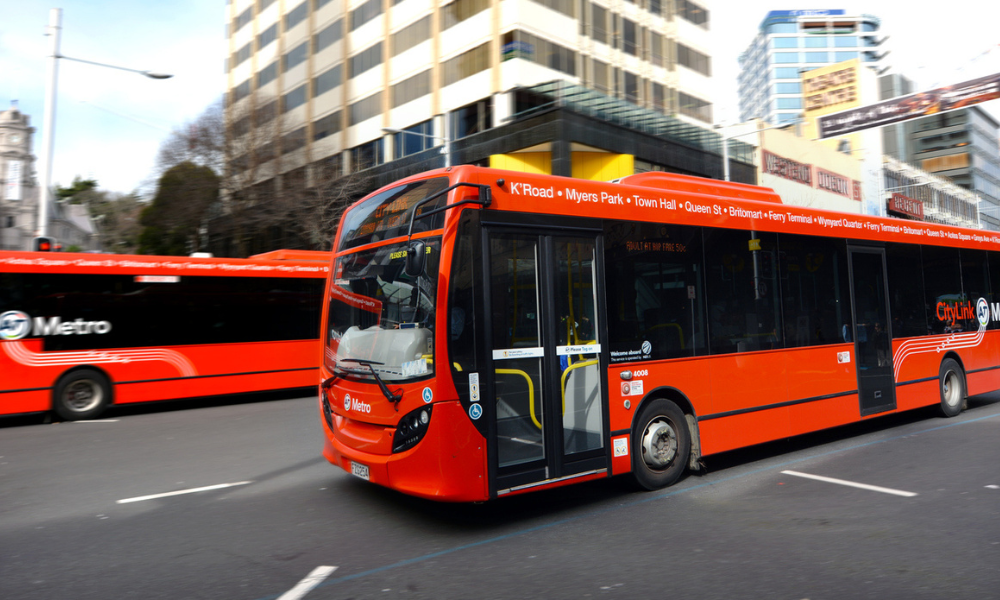
'This is intended to focus the sector agreement on our most critical public transport needs'

Eligible employers across New Zealand have been given the greenlight to pay bus drivers who are hired under the Accredited Employer Work Visa (AEWV) with less than the minimum wage.
Select employment sectors in NZ have agreements that enable them to pay less than the median wage for specific occupations in exchange of employers' pledge to make improvements in their respective sectors.
Bus drivers in New Zealand are paid at the median wage of $29.66 an hour, but the latest details of the Transport Sector Agreement confirmed by the minister of immigration and transport will allow some employers to pay less than that.
"From 26 April, eligible employers can recruit bus drivers under the Accredited Employer Work Visa at a minimum of $28 an hour," General Manager of Enablement, Karen Bishop said in a statement.
To be eligible for this exemption, Immigration NZ said the role must either:
"This is intended to focus the sector agreement on our most critical public transport needs, while requiring that operators are committed to improving pay and conditions," said the agency on its website.
"Other roles covered by the transport sector agreement are not exempt from the median wage threshold, as the market rate for skilled workers in these roles is already above the median wage."
The New Zealand government just hiked median wages for migrant workers to $29.66 an hour in February, which businesses previously condemned as "unnecessary and will feed inflation."
Meanwhile, the Transport Sector Agreement also sets out that the following professions will have a two-year work to residence pathway:
"From 29 September 2023, people who have completed two years working in an occupation covered by the sector agreement will be able to apply for residence," Bishop said.
According to the general manager, the introduction of these sector agreements supports the transition from a reliance on reliance on low-skilled migrant labour, while ensuring better wages and working conditions.
The National Road Carriers Association (NRCA) has welcomed the latest immigration changes announced by the government.
"We have been calling on the government to implement immigration policy changes to provide a clear and simple path to residency for immigrants who are truck drivers and today's announcement is a step in the right direction," said NRC CEO Justin Tighe-Umbers in a media release.
The changes come as New Zealand faces a road transport worker shortage that was brought about by the pandemic, among other factors.
"This worker shortage has existed for several years but has been exacerbated by the lack of supply of drivers from overseas following COVID-19 restrictions, heightened domestic and international competition for workers generally and a driver population currently skewed to an older demographic," said Tighe-Umbers.